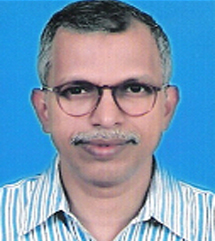Week 1. Introduction: Why are ancient Indian science and technology relevant today? What is science? How is it different from technology?
Philosophy of ancient Indian technology, how is different from modern technology? Ancient Indian Scientific methods. Glimpses of ancient
Indian science and technology?
Week 2. Philosophy of ancient Indian technology, how is different from modern technology? Ancient Indian Scientific methods.
Week 3. Glimpses of ancient Indian science and technology?
Week 4. Material Technology : Mining, Metals and Metallurgy, Iron Making and craftsmanship, Wootz Steel Technology
Week 5. Extraction of Zinc in ancient India, Glass making, Bead making Techniques, Ceramic Technology
Week 6. Water Harvesting Technology, Irrigation Systems
Week 7. Town planning, Building construction, Sanitation
Week 8. Agriculture and Textile Technology

DOWNLOAD APP
FOLLOW US